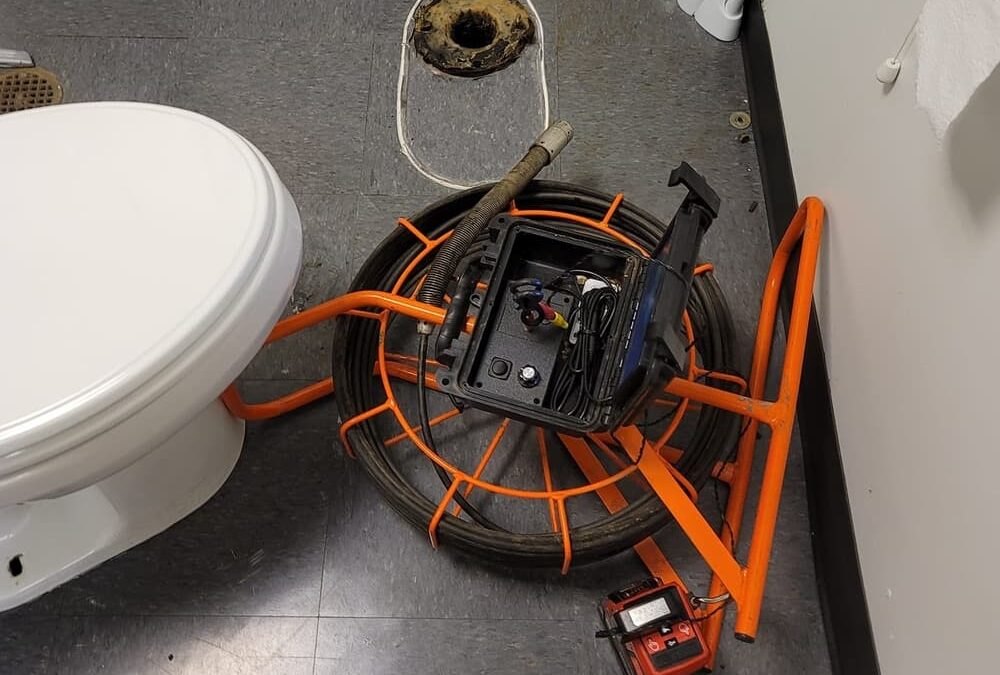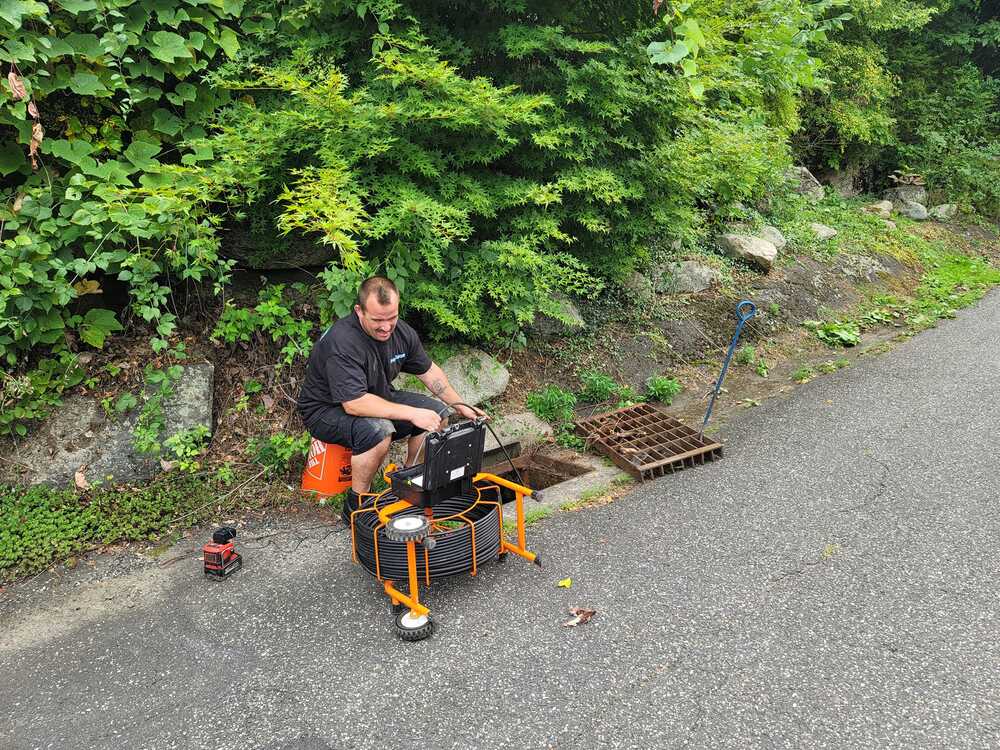Plumbing inspections are critical to ensure everything flows smoothly when maintaining your home. Whether you are buying a new house or simply want to avoid unexpected issues, a plumbing home inspection is an essential step. Understanding what these inspections involve and knowing the right questions can save you time, money, and stress. This guide will walk you through the critical aspects of plumbing inspections so you can feel confident about the condition of your home’s plumbing system.
What is a Plumbing Home Inspection?
A plumbing home inspection comprehensively evaluates your home’s plumbing system. This includes checking all the visible and accessible components, such as pipes, drains, fixtures, and water heaters. The inspection aims to identify any existing or potential problems, such as leaks, blockages, or outdated systems that may need repairs or replacement.
During a plumbing inspection, a licensed plumber will assess various elements of your system to ensure everything is in good working order. They will inspect the water supply, drainage, and venting systems to detect issues that might not be obvious to the untrained eye.
What to Expect During a Plumbing Inspection
Here’s a breakdown of what typically happens:
- Water Supply System Check: The inspector will start by checking the system. This includes looking for leaks in pipes, ensuring that water pressure is adequate, and checking the condition of the main water line.
- Drainage System Evaluation: The drainage system is next. The inspector will assess the water flow through drains, check for blockages, and look for signs of slow drainage or backups. They will also inspect the sewer line, which is crucial in preventing major issues down the road.
- Fixture Inspection: All the plumbing fixtures in your home, including faucets, showers, toilets, and sinks, will be thoroughly examined. The inspector will check for leaks, proper operation, and any signs of wear and tear.
- Water Heater Inspection: Your water heater will be inspected to ensure it’s functioning correctly. This includes checking for leaks, ensuring the temperature is set correctly, and assessing the unit’s overall condition.
- Pipes and Venting Systems: The inspector will examine the pipes for any signs of corrosion, leaks, or other damage. They will also check the venting systems to ensure that wastewater and gases are appropriately vented away from your home.
- Specialized Tests: Depending on your home’s age and the plumbing’s condition, the inspector might perform additional tests. These could include pressure tests, sewer scoping, or water contamination testing.
Questions to Ask During Your Plumbing Inspection
Knowing what questions to ask during your plumbing home inspection can help you gain a deeper understanding of your plumbing system’s condition and make informed decisions.
- Are there any signs of leaks or water damage?: Leaks can lead to significant damage over time. Ask the inspector to point out any potential trouble spots.
- What is the condition of the pipes?: Knowing the age and material of your pipes can help you anticipate future issues. Older homes might have outdated piping systems that need replacement.
- Is the water pressure adequate throughout the house?: Consistent water pressure is essential for daily activities. If there are pressure issues, the inspector can help determine the cause.
- Are there any concerns with the sewer line?: Sewer line problems can be costly and disruptive. Ensure the inspector thoroughly checks the sewer line and informs you of any issues.
- What is the lifespan of the water heater?: Water heaters have a limited lifespan, and knowing how much life is left in yours can help you plan for a replacement.
How to Prepare for a Plumbing Home Inspection
Preparing for a plumbing inspection can help the process go smoothly and ensure the inspector can access all necessary areas. Here are some tips:
- Clear access to all plumbing fixtures: Ensure sinks, toilets, and other fixtures are easily accessible.
- Locate your water shut-off valve: The inspector may need to turn off the water, so knowing where the shut-off valve is located is helpful.
- Remove stored items from under sinks: Clearing out these areas allows the inspector to see the pipes and fixtures.
- Prepare any questions or concerns: If you have specific issues you want the inspector to look at, note them beforehand.
Why Regular Plumbing Inspections Matter
Regular plumbing inspections are essential for maintaining the integrity of your home’s plumbing system. They can help catch minor issues before they become major problems, saving you from costly repairs and potential damage. If you’re ready for a professional plumbing inspection in Connecticut, consider Rapid Rooter CT. With their expert services, you can trust that your home’s plumbing will be thoroughly inspected and any issues promptly addressed. Give them a call to schedule your inspection and keep your plumbing system in top condition.


